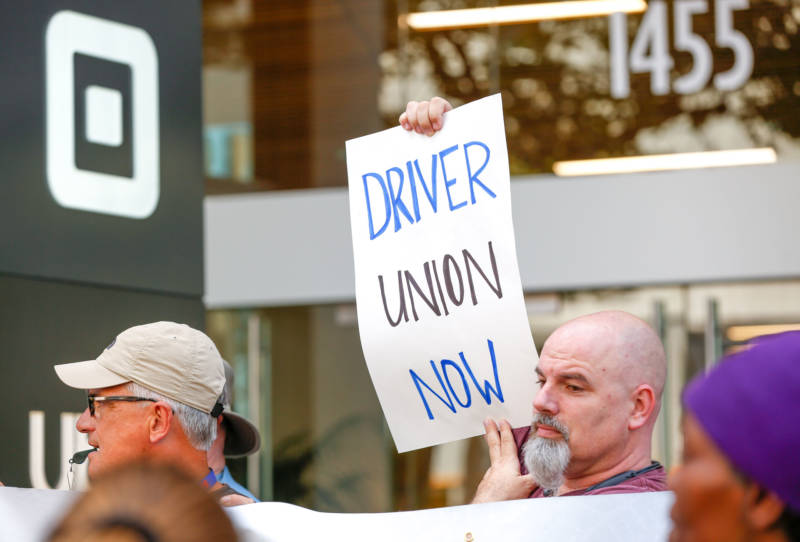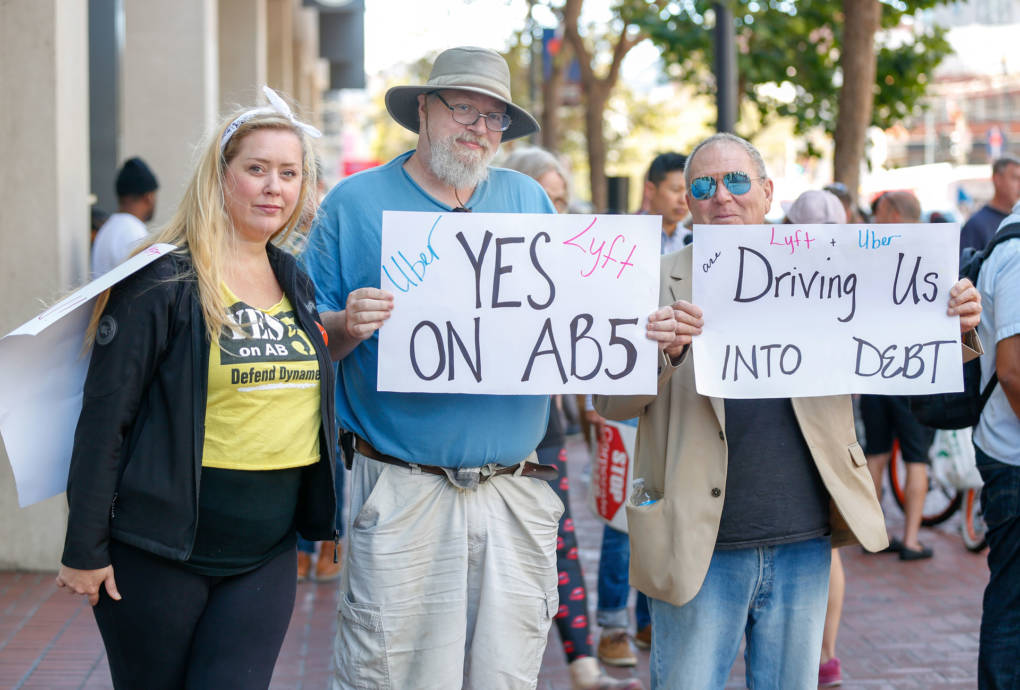Ride-hailing companies Uber and Lyft on Thursday announced they are putting $30 million each into a campaign account for a possible 2020 California ballot initiative to regulate so-called gig economy workers.
Uber Chief Legal Officer Tony West said the companies will pursue a ballot measure if the Legislature doesn’t take action on its own — but he said the ballot measure isn’t the company’s first preference.
“That is a reluctant second choice,” he said. “We don’t think that is the best use of funds. We don’t think that is the best alternative. We think negotiating a historic deal with the right stakeholders around the table in this legislative session is the best path forward.”
DoorDash also announced a $30 million “initial commitment” later on Thursday afternoon.


